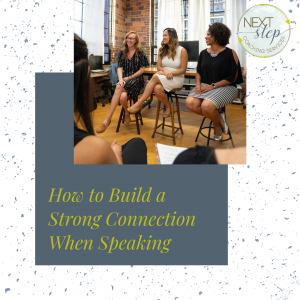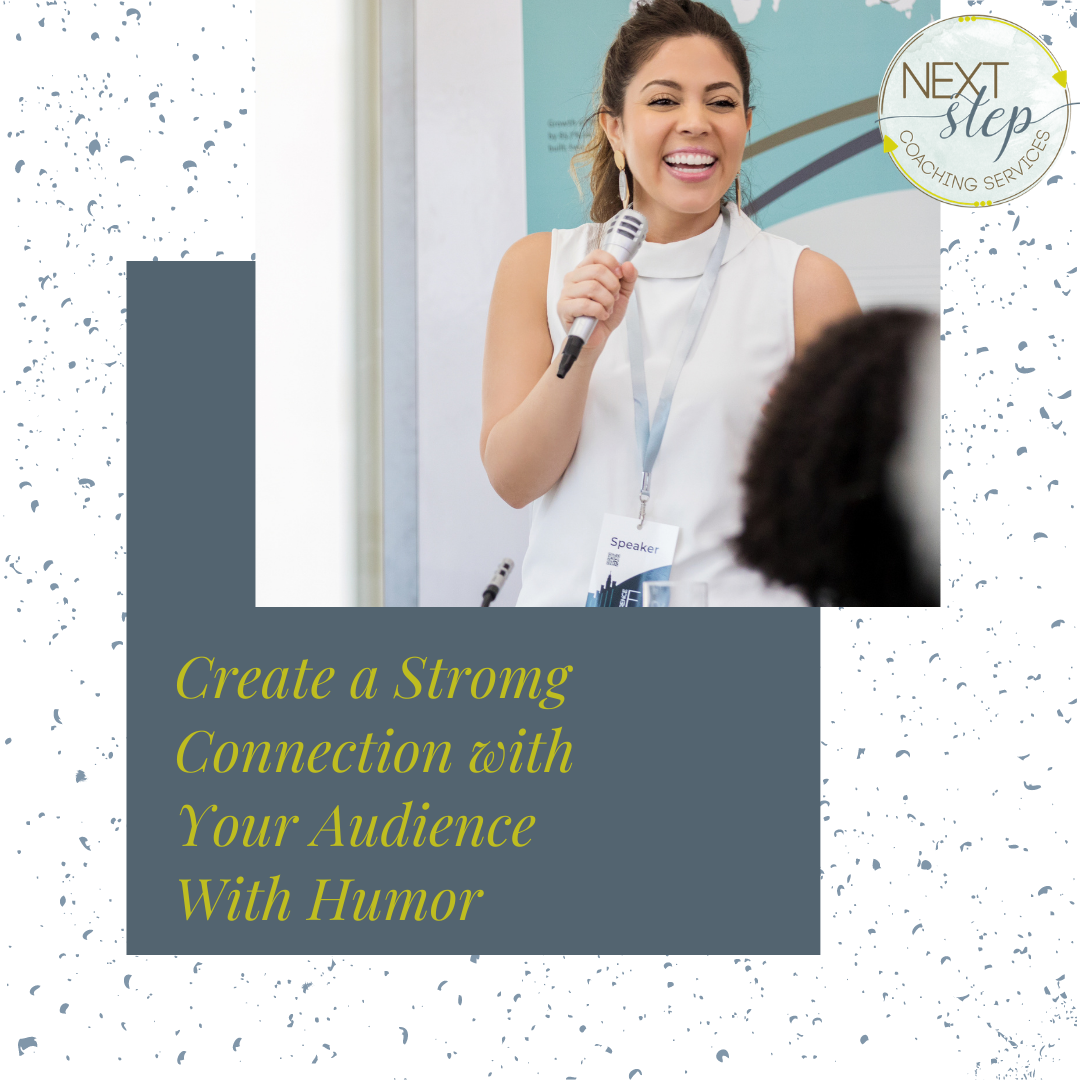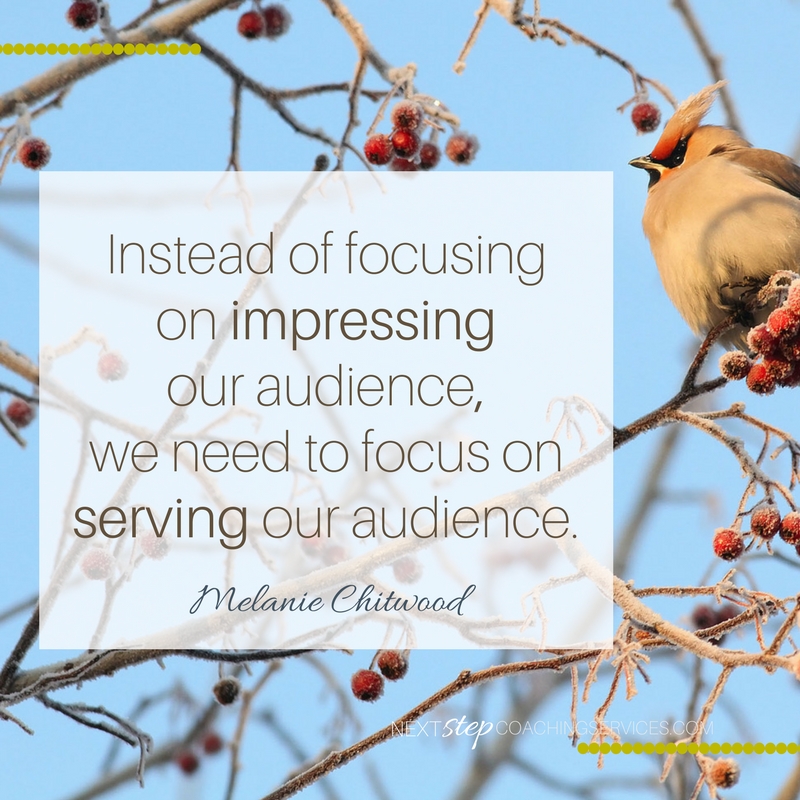How to Build a Strong Connection with Your Audience When Speaking
Building a connection with your audience is something you need to do right away when speaking. People quickly form opinions about speakers who have been brought in from somewhere else to speak. Just because you’re standing on a stage or in front of them via a virtual conference, your audience tends to form faulty opinions about you before you even open your mouth.
Your audience will skeptically wonder if you too struggle with the same problems they do. Do you yell at your kids? Do you struggle financially? Have you been hurt by friends or family? How do you deal with everyday problems? Many times your audience mistakenly assumes you don’t face the same issues they do.
You need to establish quickly that you’re just like them, a woman who loves God and is living out His principles in the messy imperfect of your everyday life.
Your audience also needs to trust you. This is key so that they’ll continue to buy into the rest of your message.
A personal story is the number one best way to develop connection at the start of your message because it allows people to get to know you.
Your audience immediately starts to think, Okay, she’s not that different than I am. Since you’re using your story to also introduce your audience to your topic, it’s a story with a purpose. Your story introduces you at the same time you’re introducing the problem that you want to give a solution to in your teaching.
Storytelling is a skill to develop, and one of my tips for storytelling is this: Be real.
How do we communicate “realness”—a quality that audiences value and that builds an instant bond?
The most effective way to communicate that quality is to teach topics that we’ve lived out in our own lives. To me, that’s the heart of what and how I want to communicate.
I don’t want to stand on a stage and act like I’m an expert with life all figured out. If I do that, I’m the opposite of real—I’m unapproachable.
Remember, many people already have a faulty idea that as a speaker you’re a “super-Christian,” while they’re just ordinary.
When I speak from a place of authenticity, I’m speaking from a place where I’ve allowed Scripture to be such a part of me that it has changed me. Now I’m able to say to my audience, I’m passing on what God has taught me in my own life. My opening story needs to convey this truth.
There’s an added benefit to being real in our opening. When we’re telling a story that’s part of us and that we know well—a story that’s authentic and real—we don’t need our notes. We can relax without worrying that we’ll forget something, making consistent eye contact with the audience which is another powerful connector.
~Amy
Today’s post is excerpted from my 80-page workbook, How to Write a Meaningful Message: Workbook with Tools to Create an Inspirational Message. For just $14.99, you’ll grow in the craft of speaking and your confidence will soar as you apply the principles you learn.





Thanks Amy. A good reminder. I remember you talking about this in our coaching sessions. Now to get back to finding speaking engagements as everything begins to open up.
Ah yes! They’re coming back slowly but surely. I’m finding myself needing to write new messages for this new season.